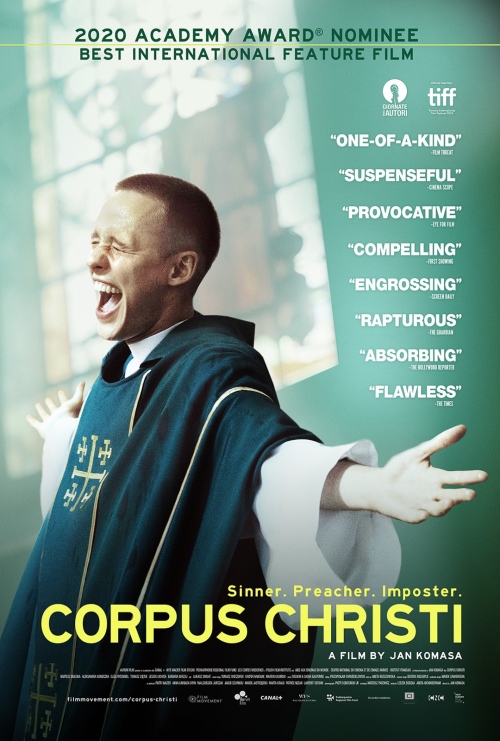American Factory might be more famous now for who produced it than for its content; it’s the first film from Higher Ground Productions, Barack and Michelle Obama’s production company, which has a deal with Netflix (where you can find this film). It’s also nominated for an Academy Award for Best Documentary Feature, with a strong case for the honor because of how much work clearly went into this endeavor and how timely its themes are – globalization, automation, anti-union sentiment, and people voting against their own interests.
The movie starts with the closing of a long-running General Motors plant in Moraine, Ohio, which had operated for more than a half-century and provided thousands of jobs for local residents. About seven years after its closure, the Chinese conglomerate Fuyao acquired and reopened the plant as Fuyao Glass, a move that was initially welcomed by the community for the jobs it would re-create. Fuyao also brought over hundreds of employees from China to try to integrate their operations and improve the efficiency of the new plant, but over time the Chinese management’s practices, including much lower hourly pay, dubious safety procedures, and a staunch anti-union policy, begin to alienate the American workers, even though they and their Chinese counterparts have established stronger relations on the factory floor.
American Factory documents the entire process over seven years, from acquisition to re-opening, through a failed unionization vote, with a level of access that seems comical given how often the Chinese managers essentially confess on camera to violating American labor and work safety laws. There’s no question here who the bad guys are – it’s primarily Fuyao’s billionaire founder and chairman Cao Dewang and a few of his lackeys, who think American workers are lazy and have “fat fingers,” and who go out of their way to crush any attempts to unionize, a bit ironic from a company founded in the ostensibly still-communist country of the People’s Republic of China. (Workers of the world, take what we give you!) The managers openly retaliate against workers involved in organizing or encouraging people to vote yes, while the firm brings in expensive consultants to lecture employees on how there’s actually zero difference between good things and bad things and they should all vote no against their own interests so the billionaire can make more money.
The film may have a clear tilt in the direction of the American workers, but that doesn’t make it less powerful, and the filmmakers manage to keep the documentary more interesting by with some of the funniest bits you’ll see in a movie this year. None is more cringe-comedic than the scenes of the Fuyao company celebration, with a half-dozen Moraine workers flown to China to participate, including a choreographed routine of a corporate song that sounds like a mediocre pop track but has lyrics that sound more like the East German anthem from Top Secret, with lines like “Noble sentiments are transparent!” amidst blind praise of the company and its leaders. Many scenes of culture shock in both directions are simultaneously funny and alarming, as they underline the magnitude of the gap between the two nations’ differing ideas on work (one Chinese manager can’t understand why Americans won’t work six or seven days a week) and ‘loyalty.’ The ultimate outcome in such cases will always favor capital over labor; the workers here try to organize and fail in the face of the company’s overt and expensive efforts to convince them unionizing would somehow be bad for them*, and Fuyao’s vengeance is swift. Paying the workers less than half of what they made under General Motors isn’t enough for Fuyao; workers apparently should say “thank you, sir, may I have another?” while accepting lower pay and reduced safety conditions.
* The economics of unionization are certainly more complex than just “unions good!” but unions almost invariably benefit members; negative economic effects are far more likely to hit consumers or non-member workers.
There’s no narration in American Factory, and no artificial framing device; the Fuyao executives are indicted by their own words, often said as if they forgot the cameras were running or that they were saying such things in a country where workers have more rights than they do in China (for now). The film is full of amusing vignettes to provide some levity, but the slope of this story’s curve is negative and logarithmic. It’s a powerful piece with a call to action and no action available.







